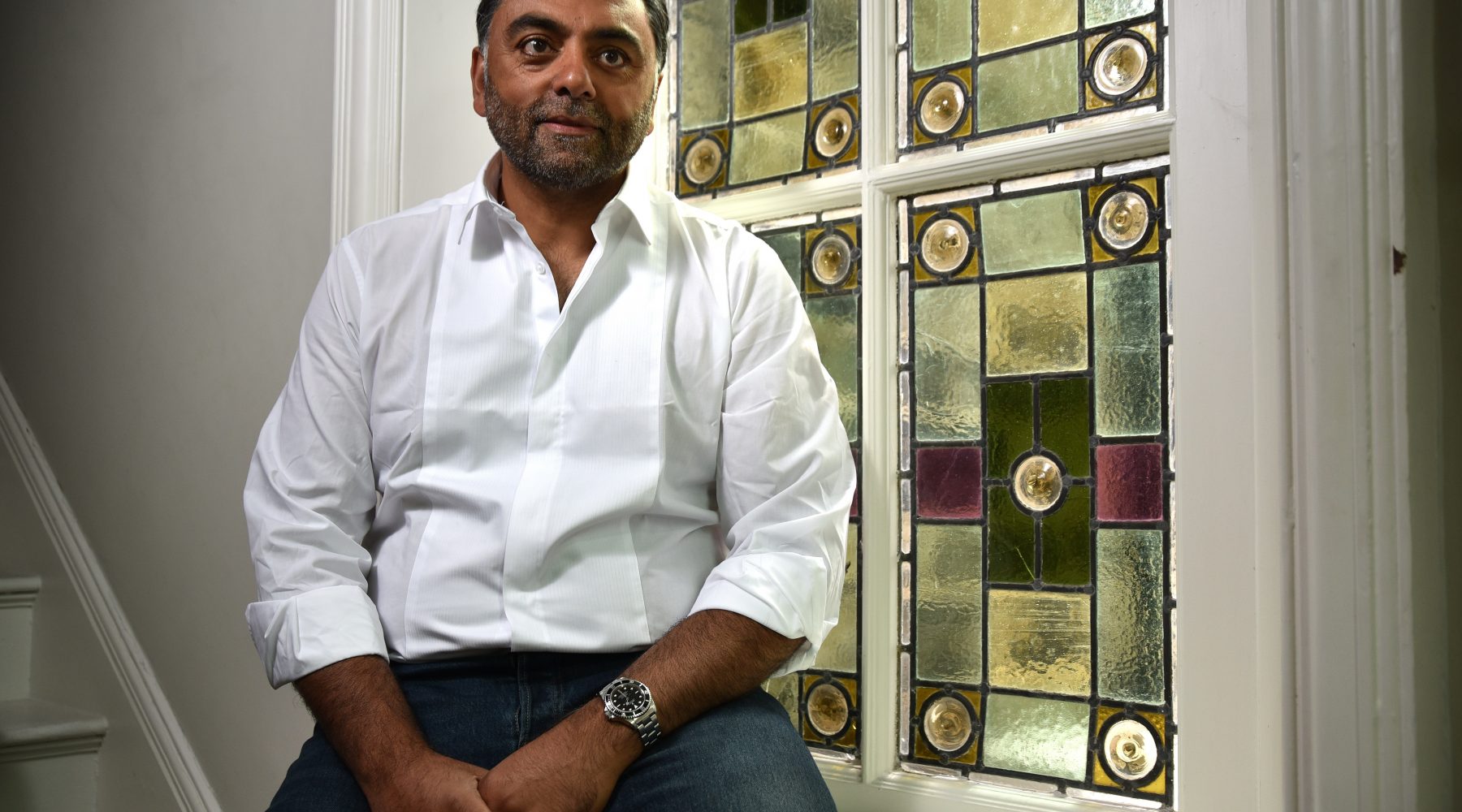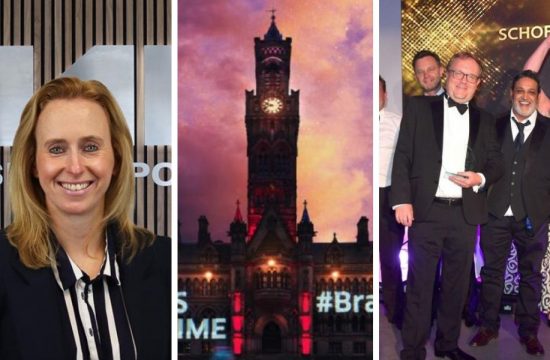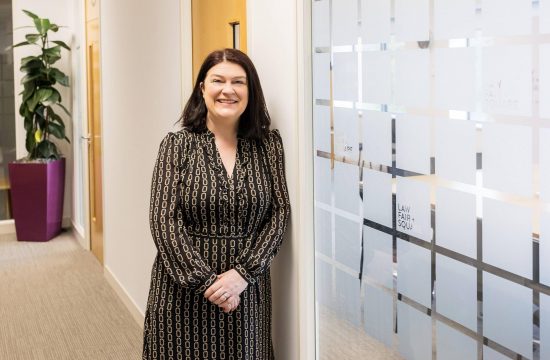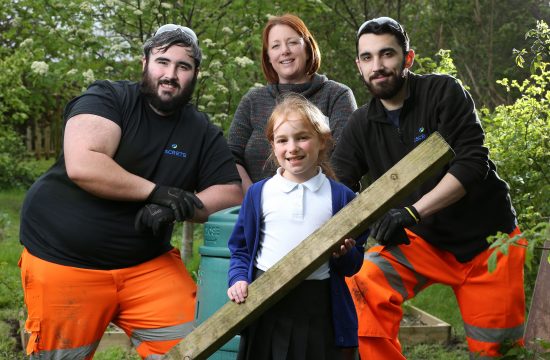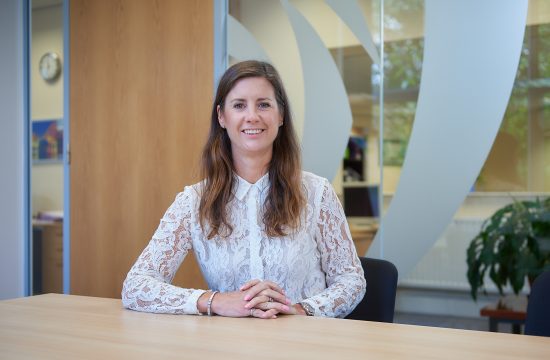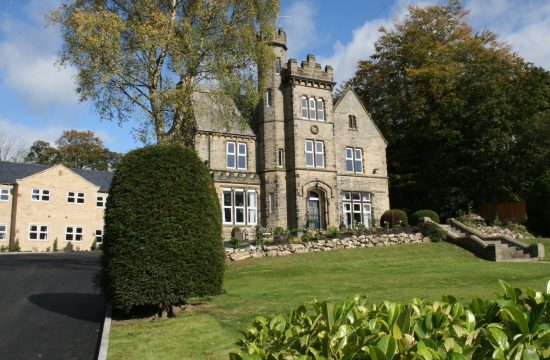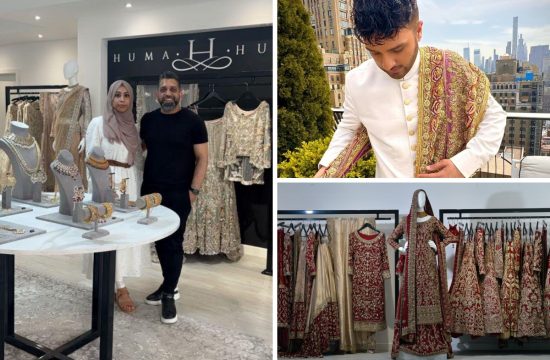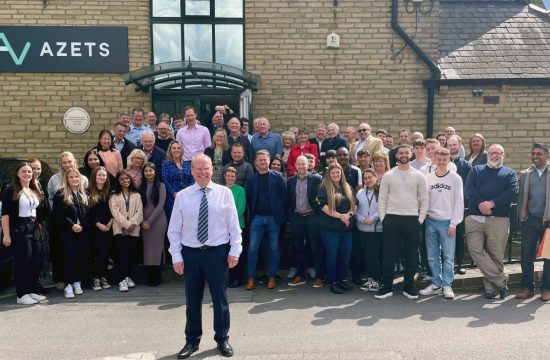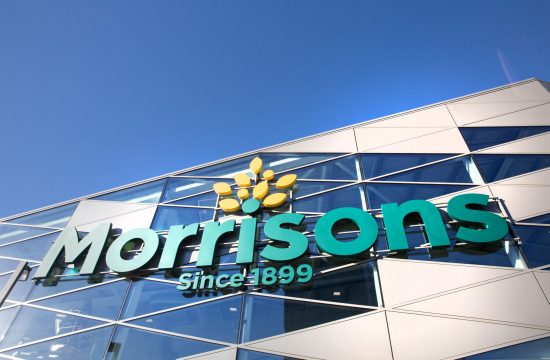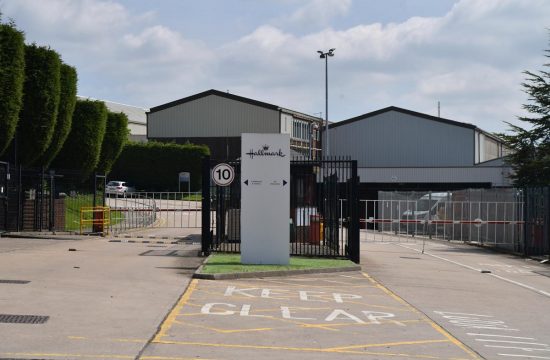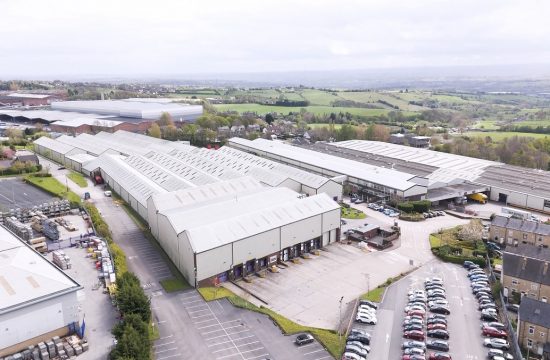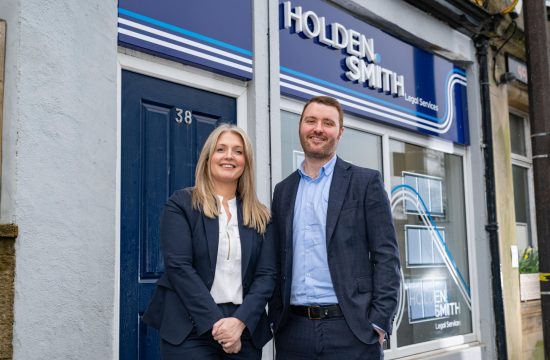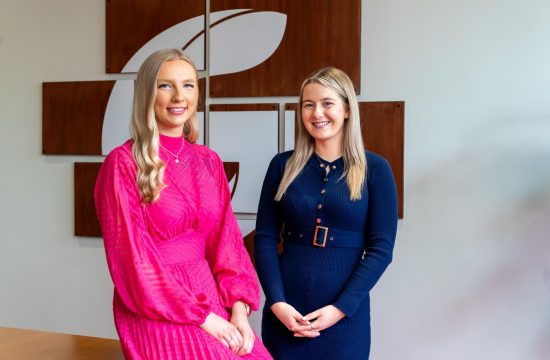HE is one of the most prominent figures in Bradford: deputy lieutenant of West Yorkshire, chairman of the Bradford Council for Mosques and a busy entrepreneur.
By Anila Baig
But the main role Zulfi Karim has always seen for himself is as an ‘ambassador’ for Bradford elevating its status on the world’s stage.
He talks to Bradford Means Business about the challenges facing the district and why he believes that Asian men- not women- now have to smash through the glass ceiling.
ZULFI is well-known in Bradford where he was born and grew up. He attended Tong Upper School and then discovered he had a knack for being able to fix things.

Maybe this gift also drives him to help the city of his birth.
Originally working in sales for 15 years he went back to college to study marketing and began working for himself.
He organised the first Bradford Mela and Asian Business Convention and, being a foodie, the Bradford Curry Festival but it was his efforts in bringing the Bollywood Oscars to Sheffield in 2007 that really put him on the map.
“It was a huge moment for me and pitching to the board of IIFA (International Indian Film Awards) in Mumbai against cities like Toronto and Rome was nerve-racking. But it was absolutely amazing bringing a world class event to Yorkshire.”
The event was a huge success and contributed around £9million to the region’s economy and Zulfi’s efforts helped to lead Bradford’s bid to win the coveted title of City of Film, the first in the world.
He also hit international headlines after he helped a Jewish elder who was trying to pent the last synagogue in Bradford closing. The story went global and suddenly there were news crews camping on the streets of Manningham again.
“The last time this happened was when there were riots, it was good to see the media covering a positive story.”
He also owned a successful restaurant in Saltaire called Curryosity but had to sell due to his work and charity commitments.
Now he’s looking to the future and wants to improve the district for all its citizens and is well aware the city faces some challenges.
“There is a strategic plan for Bradford to improve the health and well-being of everyone. We want to see healthier communities and better education levels. Our young people are still not attaining those results that they need to compete in today’s workplace. Why is that?”
There has been much talk of Bradford’s burgeoning youth population.
“By 2030 a quarter of the population of Bradford would be under 16.
“That means there is huge potential but there are also so many challenges. It is very clear to me that we need to something to boost the economy and the way to do that is to have a high skills workforce and high paid jobs.
“At the moment we are not providing those skills to our young people to enable them to be in a position to get those highly paid jobs. They are leaving schools and colleges without achieving that level of academic success. That needs to change. We need to be able to allow them to be able to take these high paid jobs which will benefit the economy of Bradford. This is the main focus.”
He said the future would bring more artificial intelligence, computers and robots into the workforce which would impact the kind of jobs available.
“We will have driverless cars that will put a lot of people out of work. In Bradford in particular driving a taxi is one of the main occupations. In fact, small businesses in general would probably suffer.”
He said it was of paramount importance that steps were taken to support the education of the young.
“The business community has to look at ways of supporting these kids.
“The jobs probably won’t be in Bradford and kids will probably have to travel to other cities for work in the future but if they live here and spend their money here then the city benefits.”
One major component of enabling a more prosperous district was to improve infrastructure.
“There needs to be a better rail service and increased transport links between Bradford Manchester and Leeds.”
The district’s positive factors
“We are uniquely placed with the amount of young people we have and we have a diverse population which needs celebrating.”
He said that more than 70per cent of students at the University of Bradford were from BME backgrounds.
And as someone who has always championed the rights of women he pointed out that almost 70per cent of graduates are female.

“It is a myth that Asian people are not educated. We are seeing more Asian women than ever in higher education and working. They are outperforming Asian men and if anything, it is the men who are now facing a glass ceiling in terms of their careers.
“The women are prospering and have broken glass ceilings They are getting better grades and getting a good education which in turn means they are accessing better paid jobs.”
As well as improving education and skills Zulfi understands the importance of promoting good health in the community.
After losing his dear Mum he started to suffer from heart problems and has overhauled his diet completely.
“We are in a situation where every other you meet here has diabetes or coronary heart disease. We need to address these issues and find out what is at the root of them. Can we teach people to be healthier and more self-reliant?”
As his faith is dear to his heart he has plans to address environmental issues using Islamic principles.
“Our religion says that planting a tree is a form of worship (Sadqa) and I think that’s so beautiful. The Quran was talking about caring for the environment 1400 years ago.”
He is also keen to introduce organic and higher welfare halal meat to the mass market.
“I did look into sourcing organic halal meat when I was organising the Curry Festival but it was really difficult.”
Overall Zulfi believes that we have to look at the bigger picture.
“We have to be more socially aware now. Everything we do should also have a social benefit. If we start a business we need to see what other benefits there are for wider society. It’s time to stop being selfish and having this ‘what’s in it for me?’ attitude.
“We should be asking: What’s in it for everyone?”



